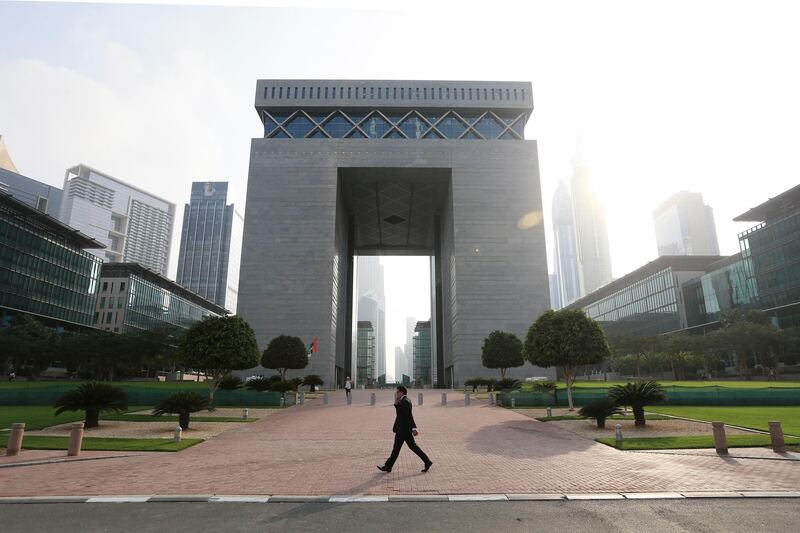Sheikh Mohammed bin Rashid Al Maktoum, Vice President and Prime Minister of the UAE, ratified amendments by the Dubai International Financial Centre to its employment law that looks to institute a new savings scheme by February 1, 2020.
A new workplace savings plan replaces gratuity under the Employment Law Amendment Law No 4 of 2020. Separately, a new leasing law outlines the responsibilities and rights of owners and tenants in the DIFC.
The amendments pertain to the DIFC Employment Law No 2 of 2019, which was passed in June of last year and replaced the legislation in place since 2005. The new employment law specified that contributions made by an employment for an investment or pension scheme must not be less than the gratuity payment.
The updated version includes details of the DIFC Employee Workplace Savings (Dews) plan, such as the percentages that will be funded by the employer and the option to apply for an alternative qualifying scheme.
“With a firm commitment to creating a prosperous hub for our 24,000 professionals based at the DIFC, these comprehensive enhancements to DIFC Employment Law will give clear guidance to employers and employees seeking to grow their savings securely while fortifying both their interests,” said Essa Kazim, governor of DIFC. “By doing this, the DIFC also sets a clear example for others to follow global best practice in this regard.”
The DIFC's intention to replace the end-of-service "defined benefit" gratuity with a funded "defined contribution" workplace savings plan was reported by The National last March. The move is meant to more closely align benefits with global retirement savings standards.
In recent months, details of the Dews plan have been shared in town hall meetings including the providers, the contribution percentages and the average fees. Zurich is serving as the plan’s administrator with Equiom as the master trustee and Mercer as the investment adviser.
Under the existing gratuity scheme, employers have to pay 21 days of an employee’s basic wage for each year of the first five years of service and 30 days of the wage for each additional year of service. This amounts to 5.83 per cent and 8.33 per cent — the percentages that will now be funded by the employer to the Dews scheme or other “qualifying scheme”, as specified by the amendment. Employees are also now able to make voluntary contributions into the chosen scheme.
An employee is still entitled to a gratuity payment for any period of service prior to the qualifying scheme commencement date on the termination of their employment.
The Board of Directors of the DIFC Authority has also issued new Employment Regulations that set out the requirements for qualifying schemes. Employers must seek a Certificate of Compliance from the DIFC Authority for an alternative qualifying scheme and will have until March 31 to enrol into a qualifying scheme.
The targeted returns for the Dews plan range from 2.5 per cent and 6.8 per cent, while the fees are between 1.26 and 1.33 per cent, investment adviser Mercer told The National. Employees can choose from five risk-profiled funds: low, low/moderate, moderate, moderate/high and high.
The initial planned roll-out date of January 1 was pushed back due to public consultation feedback in November from employers that there would not be enough time to implement the necessary changes, said Shiraz Sethi, regional managing partner and co-head of employment at legal services firm DWF Middle East.








